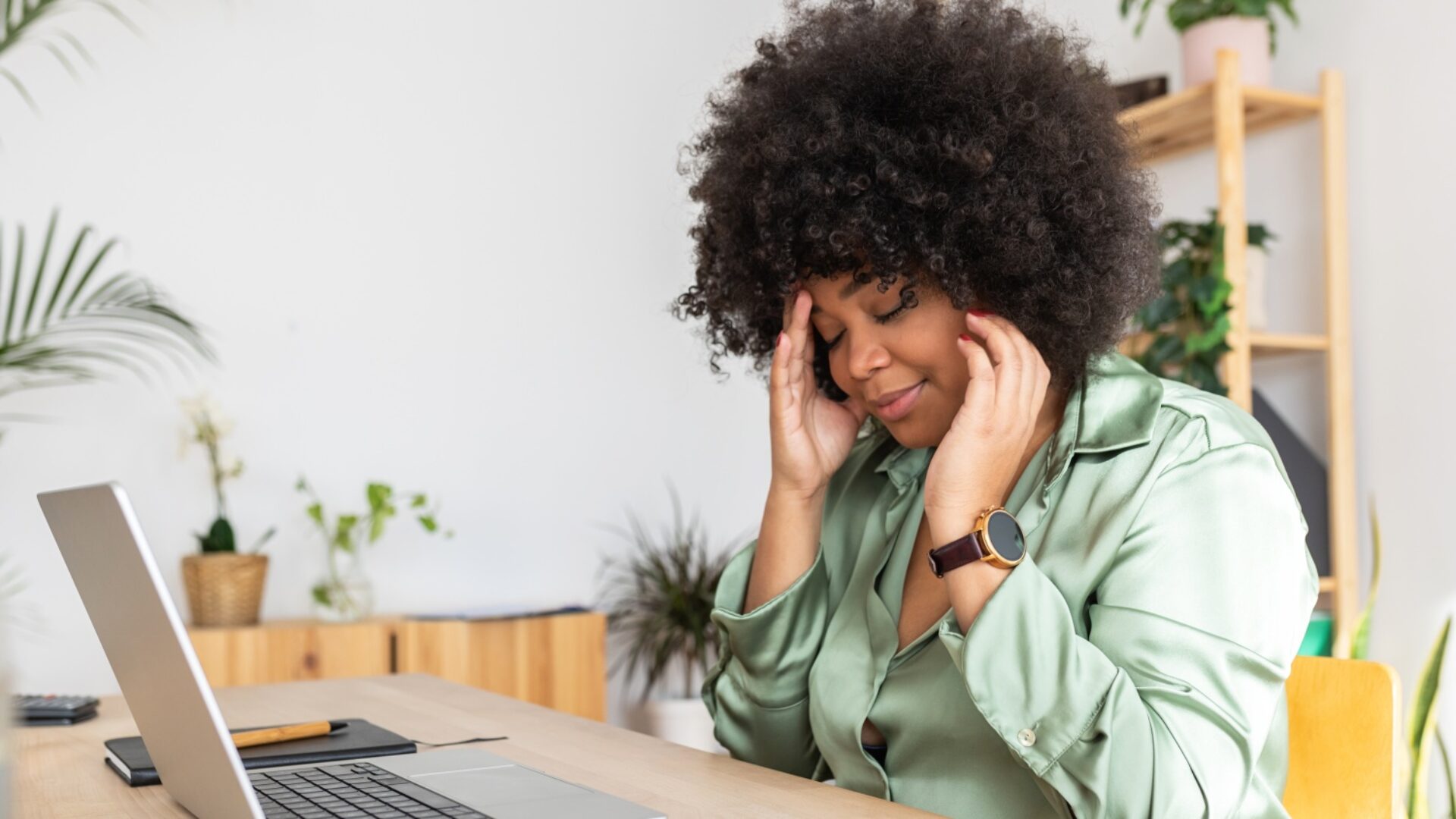
If you’re online consistently, you’ve heard the infamous hustle culture phrases from “Rise and Grind” to “We all have the same 24 hours in a day.” These sayings became prevalent during the pandemic after many of us quarantined and wanted to look for different ways to make money.
According to economist John C. Haltiwanger’s analysis, 2020 was a record year for new business formation, with the total number of applications in 2020 the highest by far compared to all years for which the data have been available. The increase from 2019 to 2020 in total applications exceeds 20%, double the growth rate in any other year.
Everyone saw the pandemic as an opportunity to create their side hustles and business endeavors, but little did they know they were contributing to a broader conversation surrounding hustle culture. The topic focuses on people and workplaces enforcing productivity, ambition, and success without prioritizing rest, self-care, or work-life balance.
The hustle culture mentality grew into a phenomenon due to social media amplifying people we see showcasing luxurious lifestyles and making major purchases that can cause FOMO to those watching from the sidelines online.
Read ‘This Gen-Z’er Has Her Own Footwear Line In Macy’s’
Although many statistics showcase high numbers of growing businesses during the pandemic, we don’t discuss the companies that failed due to the pressure of keeping up with the hustle mentality. For Jada Lang, she realized she needed to step back after trying to do so many things at once.
“I’m first generation, so hustle culture was ingrained in me at a young age for survival,” Lang told GU. “When I started my business during the pandemic, the Icon Inventory, I was working 10-hour shifts at a physical beauty supply to be able to afford inventory. I launched with the idea of providing hair care products online but focusing on school, trying to land a good job after graduation, and paying my rent off campus caused me to have too much on my plate, so I closed up shop.”
We don’t focus on how trying to start businesses out of fear of not having money can be mentally draining and create a toxic mindset that we must work ourselves into exhaustion. According to mental health expert Dr. Akua K. Boateng, the ultimate issue stems from an identity crisis for those who force themselves into hustle culture.
Read ‘Successful Business Owners Tackle Preventing Burnout’
“For some, the pandemic buried them into depression and inability to identify with how they used to achieve things, encounter challenges, and overcome obstacles, all of which were compromised during the pandemic, so there’s a bit of identity crisis for a good chunk of people [questioning] ‘how do I maintain what I built,” Boateng said.
Jamé Jackson still battles between her hustle culture mentality as someone who works in tech full-time but also works as an entrepreneur in the creative space. “It’s really difficult to juggle having a business or starting a side hustle,” Jackson told GU. “It creates this toxic culture that if you’re not working towards something, you’re lazy or don’t want it bad enough.”
As Jackson continued to juggle so many different things in the spirit of keeping that hustler energy, her health began to decline, forcing her to see the disadvantage behind trying to be so many things to so many people.
“The majority of my 20s have been dedicated to me trying to get back on my health journey to a point where I can live a normal and positive life because I just got so sick from the burnout,” Jackson said. “The burnout caused mental and physical fatigue, irritability, and all these things manifested in [my] body later on starting from stress.”
During a time when there are more ways to make money as opposed to 10 years ago, it becomes easy for many of us to fall victim to hustle culture and try to keep up with the hottest trends for a quick buck. Still, we don’t see how society’s capitalistic views consume our lives.
“People right now are hustling even in their mental health, and they are working hard to be the best versions of themselves without giving grace [or] moving slowly,” Boateng said. “There is a counterculture rising that is embracing these messages of like the soft life, recovery and rest, that is in direct opposition of hustle culture that will hopefully be able to level set and allow us to see hustle in its original interpretation may not be sustainable or helpful for us.”
So as we continue to move into adulthood, it’s crucial to reflect on having a better work-life balance without feeling the negative societal pressure of making more money rather than focusing on our mental wellness and happiness.
About Kenyatta: Clark Atlanta University and Medill School alumna Kenyatta Victoria is the Girls United writer covering everything from news, pop culture, lifestyle, and investigative stories. When not reporting, she’s diving deep into her curated playlists or binging her favorite comfort shows.